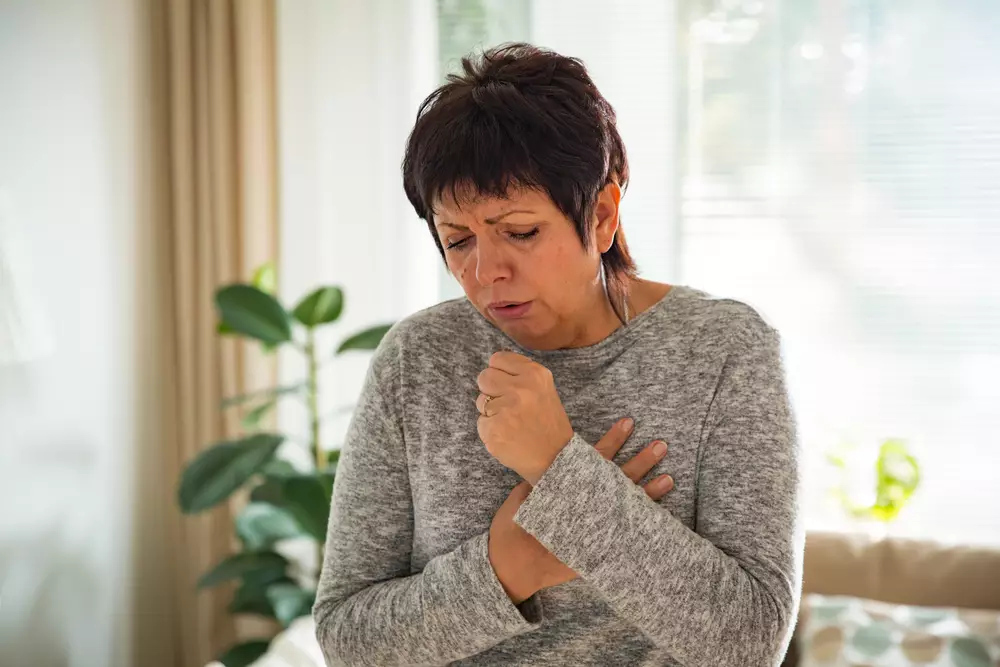COVID Recovery Timeline: How Long Does It Take?
Though the numbers of severe COVID-19 illnesses are no longer at the critical levels we saw for the first couple of years, the ongoing pandemic continues to generate questions, including how long it takes the average patient to recover. The COVID recovery timeline actually varies from person to person, based on a variety of factors, such as:
- Prior medical conditions
- Age
- Weight
- Whether or not you’ve received a full COVID-19 vaccine
- The severity of your acute COVID illness
Data from the National Institutes of Health indicate that the COVID recovery time for mild to moderate cases generally ranges from a couple of days to around two weeks. Severe cases can take up to six weeks or more. For Long COVID patients, the COVID recovery timeline can last several months to more than a year.
It’s complicated
Research into symptom types, degrees of severity, and duration is ongoing. Such factors can differ between patients, and often fluctuate even within the same patient. These realities have made effective ongoing care both confusing and complicated.
If you have been diagnosed with COVID-19 and are continuing to experience symptoms for more than a couple of weeks, it’s important to keep working with your doctor and alert them to any new, worsening, or recurring effects as the symptoms emerge.
What symptoms am I likely to experience?

Symptoms of COVID during recovery timeline.
COVID-19 patients may experience a wide range of physical and psychological symptoms for days and weeks following the initial diagnosis and contagion period. It’s important to manage these symptoms independently and with your doctor as they arise. Some common signs of COVID include:
- Extreme fatigue
- Loss of taste and/or smell
- Muscle and joint pain
- Trouble breathing
- Fever, sore throat, and other flu-like symptoms
- Chest pain and pressure
- Difficulty falling asleep or staying asleep
- Depression and/or anxiety
- Racing heartbeat
- Dizziness and disorientation
- Problems concentrating
- Gastrointestinal problems
Are you experiencing prolonged COVID recovery time?
Stay up-to-date on the latest news about Long COVID on Responsum for Long COVID. Our mission is to help create a supportive community for people with Long COVID symptoms, and to provide you with the resources you need to optimize your health, advocate for appropriate care, and find useful resources. We are dedicated to helping you make the most of your recovery period by providing relevant, reliable information about Long COVID.
Complications
Prolonged COVID symptoms can lead to long-term organ and tissue damage. Testing data show that some people sustain lasting damage to heart muscles and alveoli (air sacs in the lungs), and may experience Guillain-Barre syndrome, an autoimmune disorder in which a person’s own immune system attacks the body’s nerves, causing muscle weakness and even paralysis.
Be aware that symptoms such as cough and loss of taste and/or smell may linger for a while after you have otherwise recovered from the infection and illness. To date, patients, who call themselves COVID long-haulers, have documented more than 200 Long COVID-related symptoms and complications, including pulmonary, vascular, neurological/cognitive, and muscular issues that affect every area of life.
What should I do during my COVID recovery time?
It’s essential to practice proper self-care during your COVID recovery time. This means:
- Stay home until the majority of your symptoms are gone, and leave your house only to obtain necessary medical care. Call ahead of doctor appointments to let the office know you have tested positive for the virus. Do not visit public areas, and avoid crowded enclosed spaces.
- Stay adequately hydrated, and eat healthy foods such as fresh fruits and vegetables, and whole grains to support overall health and recovery.
- Continue to disinfect your hands frequently, avoid touching your face, and use different towels from the rest of your family members or other housemates.
Even people with only mild illnesses from their infections can still experience lingering, new, or recurring symptoms from the virus, so continue to monitor your health closely even after you feel better from your acute infection.
Home-based and in-person COVID-19 tests are still available at many pharmacies.


